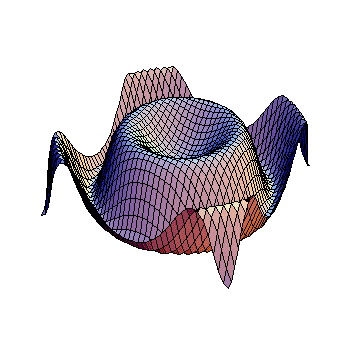What is the antiderivative of # (ln(x+1)/(x^2))#?
1 Answer
Jan 9, 2016
Explanation:
Let's say
The latter integral can only be solved with parcial fractions, so we assume there is a sum of fractions
Where
Note that it means, that, for any value of
So if we assume
And if we assume
So, back to the first integral we have
From there, it's an easy integral

